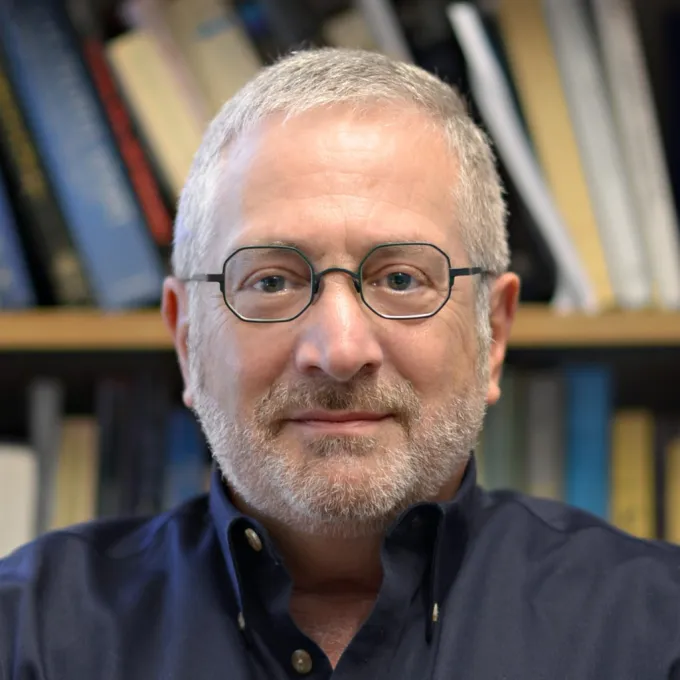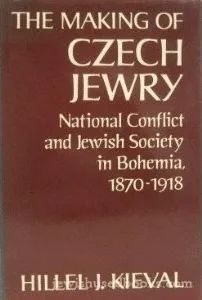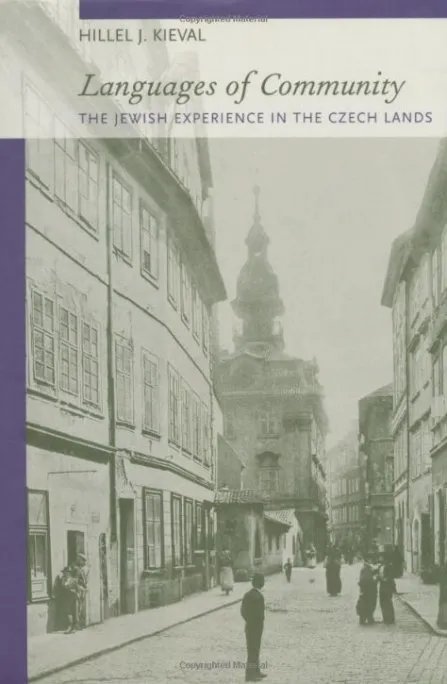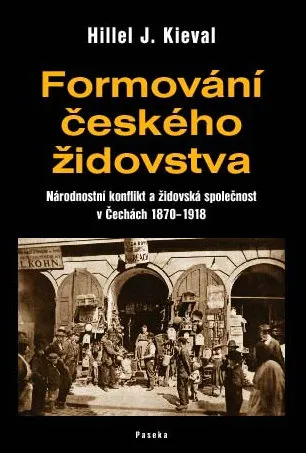Professor Kieval works broadly in European Jewish history with a focus on transformations in Jewish culture and society in East Central Europe from the Enlightenment to the Second World War.
Hillel J. Kieval is the Gloria M. Goldstein Professor Emeritus of Jewish History and Thought at Washington University in St. Louis. Over the course of his career, he has held visiting appointments at Charles University in Prague, the École des Hautes Études en Sciences Sociales in Paris, the Hebrew University of Jerusalem, the Universidad Hebraica in Mexico City, Vilnius University in Lithuania, and the Center for Advanced Judaic Studies at the University of Pennsylvania.
Professor Kieval’s research examines Jewish culture and society in Central and East-Central Europe in the nineteenth and twentieth centuries, in particular the impact of nationalism and ethnic conflict on modern Jewish identities, modern antisemitism, and the phenomenology of "ritual murder" trials at the turn of the 20th century. Among his published books are Blood Inscriptions: Science, Modernity, and Ritual Murder at Europe’s Fin de Siècle (2022); Prague and Beyond: Jews in the Bohemian Lands (Co-editor, 2022); Languages of Community: The Jewish Experience in the Czech Lands (2000); and The Making of Czech Jewry: National Conflict and Jewish Society in Bohemia, 1870-1918 (1988).
In May 2022 Hillel Kieval was awarded the Silver Medal of the Faculty of Arts, from Charles University of Prague. In May 2024 he received the Moses Mendelssohn Award from the Leo Baeck Institute, New York.





